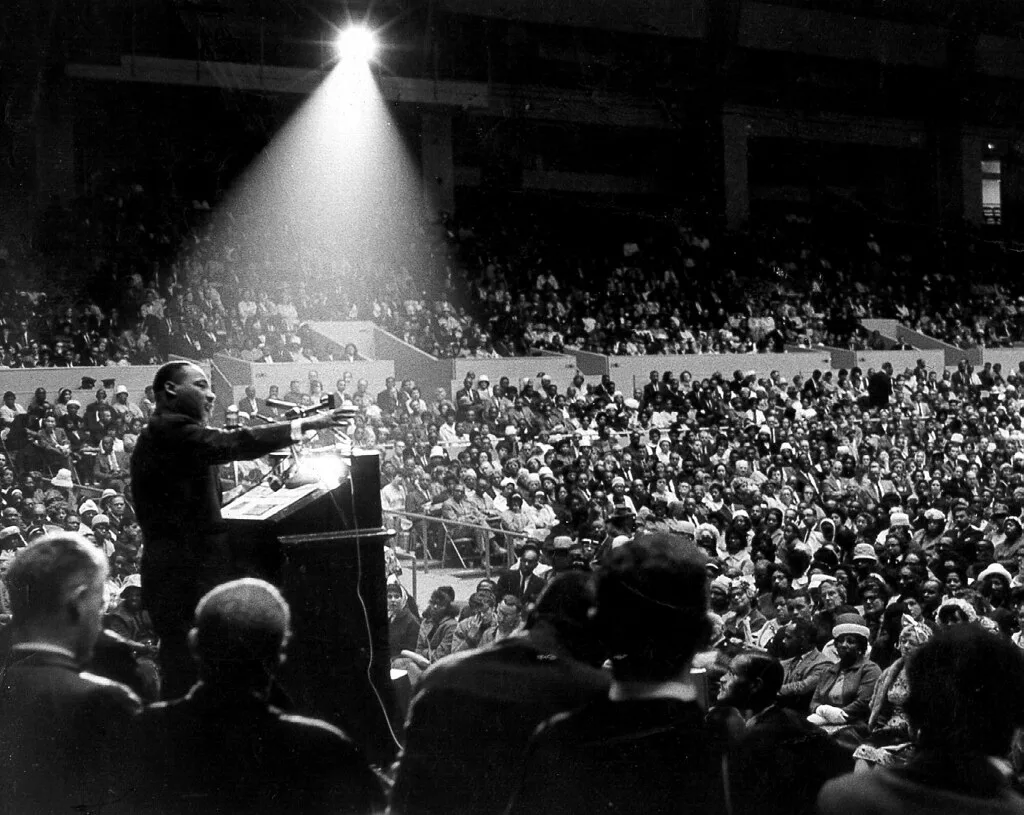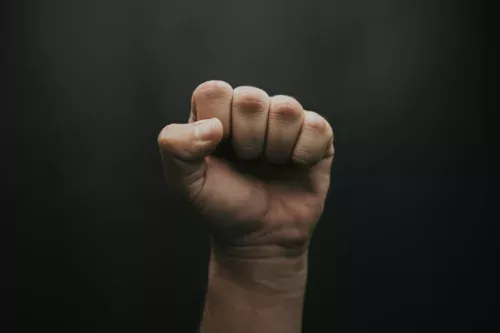Clench your fists. Breathe.
Whisper your groans within yourself.
Curved,
white,
without night,
sleepless,
Without souls to free,
without lights too far away
Nor vain torments to make one die.
Clench your fists. Breathe.
Speak to your deities,
Sing to your spirits,
And your finger trace harmonies,
trace ancestral names,
capitals,
clouded glimpses,
live the curses,
Die under the drops of lightning floods.
And you,
blinded,
deaf of me,
infirm and barefoot,
may you
Wake the sleep of the mountains.
May you,
You who speak to the multitudes,
You who weep with sparse creatures,
you who exist
In the space of a bare speck,
you who do,
And with you, everything;
you who moan,
And so, everything;
every me,
Every soul not freed,
every dream,
every form,
and with me
The itch that clenches my fists,
And the wind whispering inside me,
and the night,
and the day;
The day that doesn’t come back.
That doesn’t return.
As of now
Ahead.
…
Never again.
Deposited for legal protection with Patamu: certificate
Video
A brief note on the “physiology” of social struggles
Social struggles have been a constant feature of human societies throughout history, driven by various factors such as economic inequality, social injustice, political oppression, and cultural discrimination. These struggles often arise when marginalized groups feel their rights, needs, and voices are not adequately represented or recognized.
One of the main motives for social struggles is the desire for equality and justice. People often mobilize when they perceive an imbalance of power or resources that unfairly disadvantages certain groups. In addition, social movements can be triggered by events that highlight systemic issues, such as a high-profile case of police brutality or controversial government policy.

There are numerous examples of successful social mobilization where collective action has led to tangible and positive results. The civil rights movement in the United States, led by figures such as Martin Luther King Jr., successfully challenged racial segregation and discrimination, leading to landmark laws such as the Civil Rights Act of 1964. Similarly, the anti-apartheid movement in South Africa, symbolized by figures such as Nelson Mandela, mobilized against the institutionalized racism of the apartheid regime and ultimately brought about its downfall.
More recently, the #MeToo movement has shed light on the prevalence of sexual harassment and assault, allowing survivors to speak out and hold perpetrators accountable. Through social media campaigns and grassroots activism, #MeToo sparked a global debate on gender equality and consent.
These examples illustrate the power of social struggles in bringing about meaningful change and challenging entrenched systems of oppression. Social movements can transform societies and create a more just and equitable world by mobilizing collective action and amplifying the marginalized’s voices.
If you like this poem, you can always donate to support my activity! One coffee is enough!


